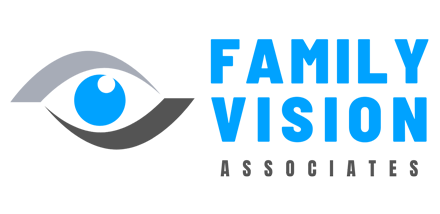Q: My child is struggling in school. Does he / she need an eye exam?
A: A comprehensive eye examination by an optometrist can often determine if there are visual issues interfering with a child’s ability to perform well in school. Many visual symptoms, some obvious, others less so, can contribute to a child’s poor academic achievement. The most common symptoms to watch out for: blur at distance or near, skipping or re-reading lines or words, reduced reading comprehension, difficulty shifting focus from near to far or far to near, difficulty copying from the smart board, double vision, closing or covering an eye when working at near, headaches -- especially in the forehead, temple, or eyebrow regions, difficulty attending to near work or an avoidance of reading, poor spelling, misaligning numbers in math, unusual head or body posture when working at near. Some of these issues can be alleviated with a good pair of eyeglasses while others may require vision therapy. Vision therapy, like occupational therapy or physical therapy, is a systematic program where the body, in this case the visual system, can be retrained and strengthened to improve it’s ability to function.
Q: What is Orthokeratolgy (Ortho-K)?
A: Did you ever wish you could wake up in the morning being able to see perfectly? By wearing Ortho-K lenses nightly, you can correct your vision if you are nearsighted to close to perfect vision. Your eye doctor will fit you with GP lenses that gently correct the shape of the front of your eye when you sleep. The correction remains for a day or two, so you must continue to use the contacts nightly if you want to maintain good vision during the day. Interested in trying Ortho-K lenses? Book a consultation today.
Q: What are Scleral Contact Lenses?
A: Scleral lenses are custom made lenses that rest on the sclera, the whites of your eyes. The size of the lens offers great vision that isn't possible with any other vision solution. These lenses provide a solution for those patients who can't wear other types of contact lenses due to dry eyes, complications from LASIK surgery, kerataconus, and other eye issues.
Q: What causes Keratoconus?
A: The characteristics of keratoconus have been known for at least 200 years, but the specific causes are still undetermined. Several theories have been proposed. One scientific theory is that keratoconus is genetic in origin. About 7% of patients have other family members with the disease. Another view holds that keratoconus is a degenerative condition perhaps linked to the altered balance between enzymes and inhibitors within the cornea. Keratoconus may also be secondary to some disease processes. A hypothesis has also been proposed that keratoconus may involve the endocrine system (hormones) since the condition is often diagnosed in young people at puberty or in their late teens. While the exact cause of keratoconus has not yet been determined, research into keratoconus continues and new treatment options are continually under development.
